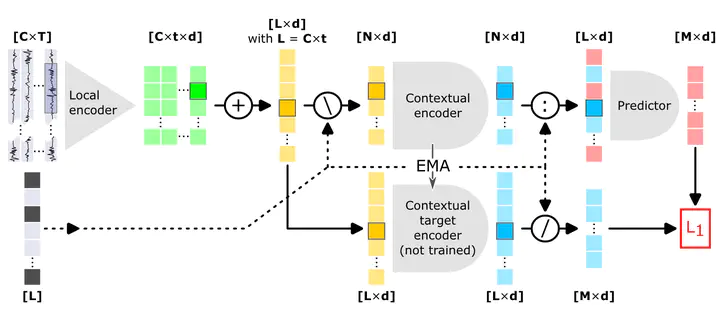Bringing deep learning decoding models to the lab
On developing and conducting experimental protocols to validate the properties of recent BCI deep learning models

Problem
Many deep learning-based decoding methods have been developed in the past years for BCI applications with the aim of solving various challenges in the field. These challenges may include the ability to handle multiple EEG channel sets, to adapt to changing noise distributions in the data, to handle corrupted channels, or to calibrate using very few examples. They have shown promising results in offline analyses using pre-existing benchmarking data, but their performance in real-time settings is still unclear.
Objective
The objective of this project is to bring one such deep learning model to the lab and validate its properties in a controlled experimental setting.
Tasks
This project will involve the following tasks:
- Participate in the development of an experimental protocol to validate the properties of a recent deep learning model for BCI decoding
- Participate in the search and recruitment of participants for the experiment
- Conduct the experiment in the lab (welcoming participants, explaining the task, setting up the EEG equipment and recording the data)
Skills required
- Good programming skills in Python
- Experience with recording EEG data
- Optional: experience with working with participants in a lab setting
- Optional: experience with the pytorch library